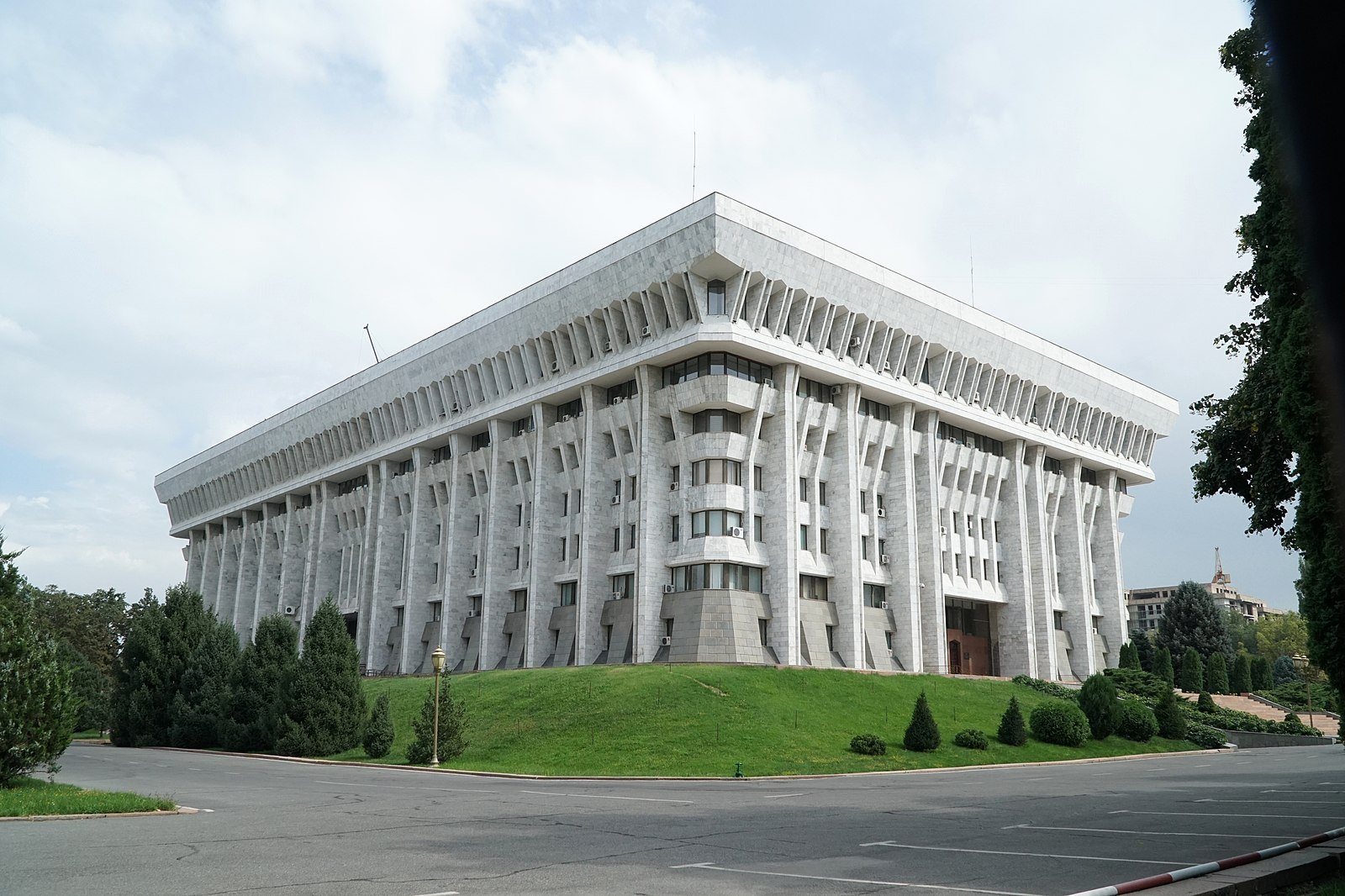Kyrgyzstan’s Supreme Council Furthers Repressive Law
A ruling from the Supreme Council of Kyrgyzstan restricting NGO activities has alarmed domestic critics and Western observers (Wikimedia Commons).
The Kyrgyz Supreme Council (Jogorku Kenesh) approved the second reading of a law aiming to restrict non-governmental organizations (NGOs) on February 22, 2024. If implemented, the legislation would require all NGOs receiving international aid or engaging in “political activities” to register as “foreign representatives,” subjecting them to complete annual audits and reports on employees and their salaries.
Critics oppose the bill on the grounds that these deterrents will force many of the 18,000 NGOs in Kyrgyzstan to shut down. One hundred and twenty of these NGOs signed a statement urging parliament to not go forward with the bill which “will have a negative effect on all [NGOs], including charitable and humanitarian organizations that provide social services to the population.”
The lawmaker leading the charge for the “foreign representatives” bill is Nadira Narmatova, an outspoken opponent of supposed Western ideologies infiltrating Kyrgyzstan. Naramatova and other champions of the bill, including President Sadyr Japarov, argue that the bill’s aim is to combat fraud in these organizations.
However, the bill vaguely defines “political activities” as any type of speech which aims to “influence decision-making of state bodies” or to “shape public opinion,” suggesting its passage could significantly hamper freedom of speech. Any type of speech promoting LGBTQ+ rights is also considered a “political activity.”
Adversaries of the bill in Kyrgyzstan and internationally note the bill’s similarity to legislation implemented in Russia in 2012. This law required all NGOs receiving foreign support to register as foreign representatives as well.
There are fears that the proposed Kyrgyz legislation will have a similar effect as the Russian bill in discrediting foreign-backed NGOs. Specifically, Kyrgyz media outlets rely heavily on foreign aid due to a lack of domestic funding sources. Teresa Ribeiro, a representative for the Organization for Security and Cooperation in Europe, stated that the bill was “likely to prove unsustainable for small and medium-sized media organizations, and will pose significant risks to media freedom and open debate on issues of public interest in Kyrgyzstan.”
Despite many former Soviet States distancing themselves from Russia following the country’s invasion of Ukraine, the Kyrgyz-Russian relationship has strengthened. On February 21, President Japarov and Russian president Vladimir Putin met in Kazan to reaffirm the countries’ commitment to their bilateral relationship.
An increase in conservative legislation, like the foreign representatives bill, reflects Russia’s growing influence in the country. This bill and others mark a degradation in the democratic procedures of Kyrgyzstan. For example, in the February 22 vote to further the “foreign representatives” bill, multiple representatives voted on behalf of their absent colleagues, disregarding procedural rules. Further evidence of democratic erosion occurred on September 28, 2023 when the Jogorku Kenesh voted to give the president the authority to overturn any Constitutional Court ruling he believed to be at odds with the “moral values” of the country.
Notably, United States Secretary of State Antony Blinken spoke out in opposition to the bill, warning that “Some U.S. implementing partners are so concerned about this law … they are considering the possibility of a preventive termination of their activities in the Kyrgyz Republic.” In light of this cautionary statement, Japarov fired back at Blinken on February 9, alleging that he used inaccurate information and accusing him of meddling in Kyrgz domestic affairs. These heated exchanges and Kyrgyzstan’s democratic backsliding have stirred worries among many Western countries and organizations, and are further evidence of an increasingly polarized world.

